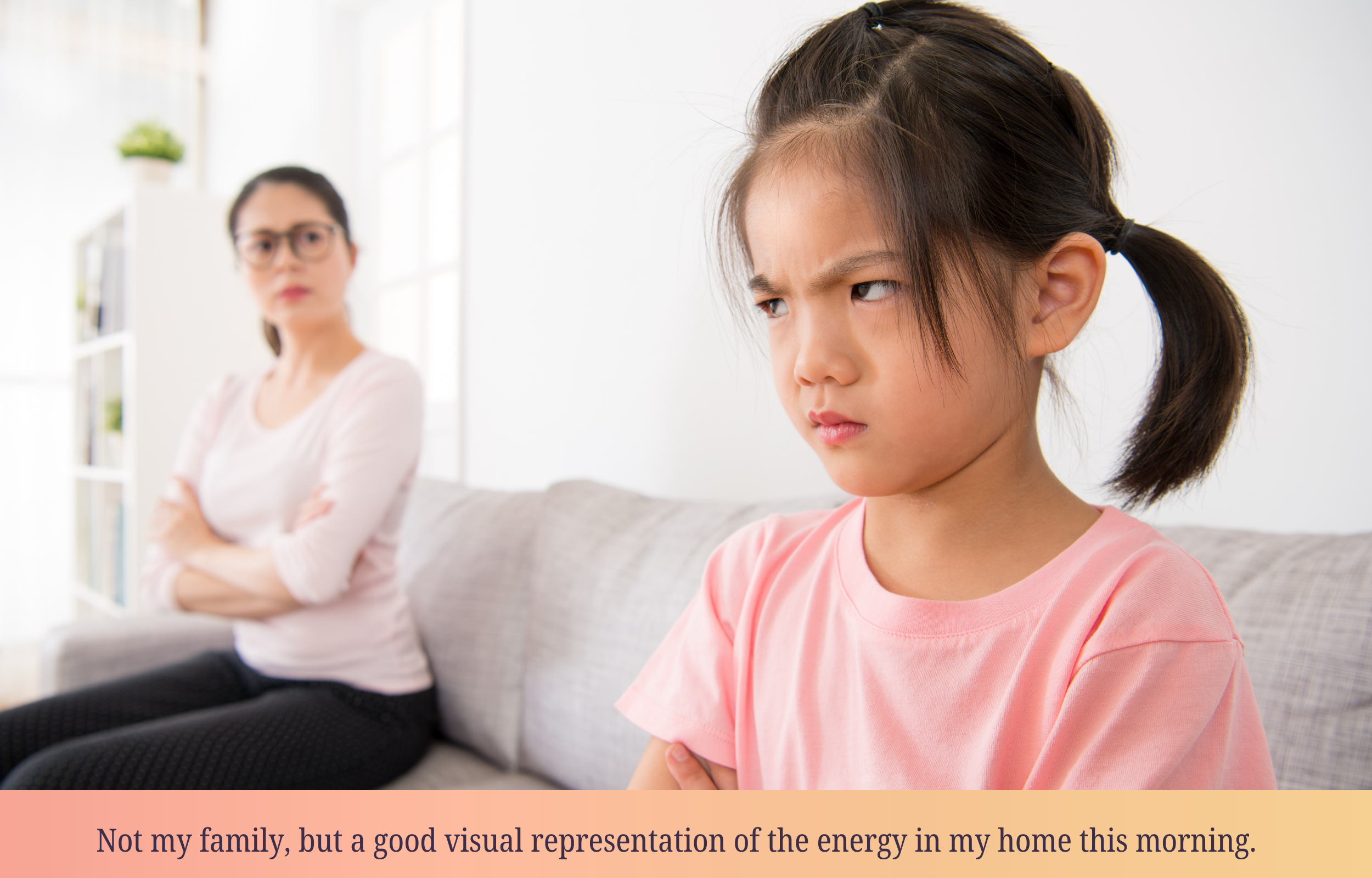Have you lost your temper with your child recently? (I have!)
When rupture occurs, we can shame spiral (“I’m a terrible mother”), or you could avoid blame and cast it towards your child (“I wouldn’t have lost my temper if she hadn’t talked back!” or “He wasn’t listening to me, so the yelling was warranted!”). In our anger, those thoughts certainly can feel true.
But that won’t break cycles. Here’s what will:
Repair. It’s not a sign of weak parenting to apologize. It takes way more strength of character to apologize and repair.
Repair teaches the child that when we mess up, we fix it. It also teaches the child about respect- how to treat others respectfully and also how they should expect to be treated. We are modeling healthy, connected communication patterns when we own up to our mistakes. This helps our children turn into adults who know to be in respectful, connected relationships.
If I scream and yell, in my anger I am probably (almost definitely) blaming the child for “making” me angry. But we are responsible for managing our emotions- if we expect children to manage theirs, then we adults need to do the same. If someone screamed at me in their anger, I would expect an apology.
What does effective repair look like?
Repair after losing our temper involves apologizing for our actions and our impact. Repair does not include “fake” apologies (“I’m sorry I yelled, but I wouldn’t have if you hadn’t talked back”, for example). Other things we may say that are not examples of repair: “You are just so sensitive,” or “I’m sorry you are upset.” These take absolutely no ownership for the impact you made. Always consider your impact, not your intent.
Here’s what to say to repair after losing your temper?
An example of repair looks like: “I’m sorry I yelled at you. You don’t deserve to be yelled at that way. I was angry, and I could have managed it better.” Your child may not accept your apology (which is fine!), but by modeling a true apology, they are learning a great deal about how to fix relationships when emotions getter the better of us.
Thinking about how your child might feel when you lashed out at them can give you perspective and help you get out of victimhood, and into the role of repairing the connection. Remember that if it were you on the receiving end, you would want someone to repair and apologize after losing their temper with you.
Remember: Connected kids feel loved, safe, and secure.
How can I help? Book a discovery call and let’s chat about it!






